detail profile aleksandr medvedkin
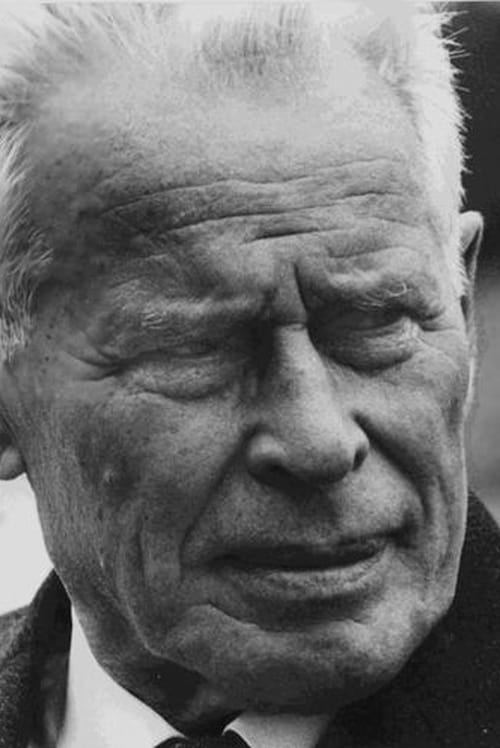
Aleksandr Medvedkin
Александр Медведкин
atau dikenal sebagai
Riwayat Hidup
Aleksandr Ivanovich Medvedkin was a Soviet Russian film director, best known for his 1935 film Happiness.
His life and art are the subject of Chris Marker's documentary films, The Train Rolls On (1971) and The Last Bolshevik (1992).
He travelled around Russia in his Kinopoezd, a film-train, in which he carried film equipment and shot movies in Kolkhozy, which he would then screen there.
Info Pribadi
Peran Yang Di Mainkan Aleksandr Medvedkin
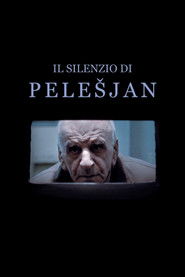 A documentary about the Armenian avantgarde...
A documentary about the Armenian avantgarde...The Silence of Pelešjan 2011
A documentary about the Armenian avant-garde filmmaker, Artavazd Pelešjan.
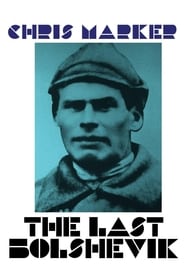 A documentary on Soviet filmmaker Aleksandr...
A documentary on Soviet filmmaker Aleksandr...The Last Bolshevik 1993
A documentary on Soviet filmmaker Aleksandr Medvedkin, examining his tumultuous career, the rediscovery of his masterpiece Happiness, and Russia's struggles over the course of the 20th Century.
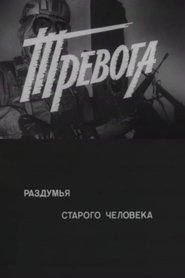 The directors reflections on the modern...
The directors reflections on the modern...Anxiety. Thoughts of an Old Man 1984
The director's reflections on the modern politics of the Reagan administration.
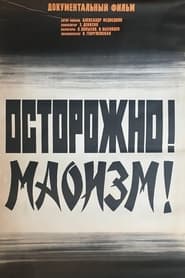 A fulllength documentary film directed by...
A fulllength documentary film directed by...Caution! Maoism! 1976
A full-length documentary film directed by Alexander Medvedkin tells about the nature of Maoism, the events in China in the 1960s and early 1970s
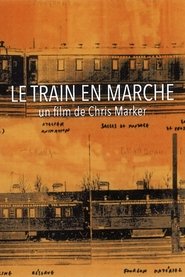 This halfhour documentary focuses on Medvedkin...
This halfhour documentary focuses on Medvedkin...The Train Rolls On 1973
This half-hour documentary focuses on Medvedkin and his CineTrain of the 1930s, a sort of mobile film workshop, complete with post-production facilities, animation stations and a large laboratory. Traveling thousands of miles across the Russian countryside, the train stopped to have its filmmakers document Ukranian harvest practices, steel production facilities in southern Russia and other industrial / agricultural matters; With each crew member living in 1 square meter living quarters, all individuals on the train were responsible for various odd-jobs and other practical matters in addition to their own film-making concerns.
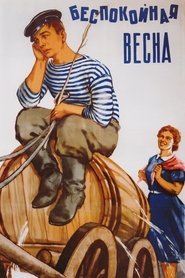 A comedy about Krushchevs Virgin Lands...
A comedy about Krushchevs Virgin Lands...An Unquiet Spring 1956
A comedy about Krushchev's 'Virgin Lands' project, to transform the barren and inhospitable spaces of the vast Soviet Union into fertile agricultural plains. A classically Socialist-Realist narrative of an individual's 're-education'. Zhenia, a hapless idler, arrives with a band of enthusiastic young Konsomol members to build a new town in the steppe. Although his dream, like that of all the young participants, is 'to become a tractor driver and a hero', he isn't prepared to work for the honour.
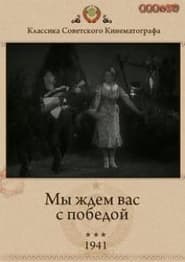 The first of what became a...
The first of what became a...We Await Your Victorious Return 1941
The first of what became a popular genre of wartime 'film-concerts', consisting of eight musical numbers, strung together by a loose plot. It shows soldiers leaving their village for the front; in their absence, the desolate but resolute young women of the village assume responsibility for the business of the farm
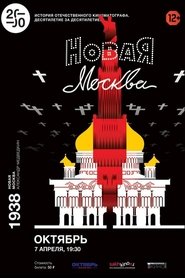 A comedy about a naive young...
A comedy about a naive young...The New Moscow 1938
A comedy about a naive young architect and his wild designs for a “New Moscow.” The Soviet censors weren't at all amused and shelved it.
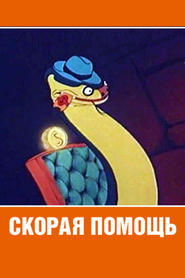 Satire directed at the American humanitarian...
Satire directed at the American humanitarian...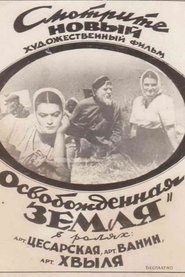 After the liberation of the Kuban...
After the liberation of the Kuban...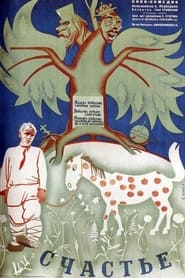 A hapless loser with the surname...
A hapless loser with the surname...